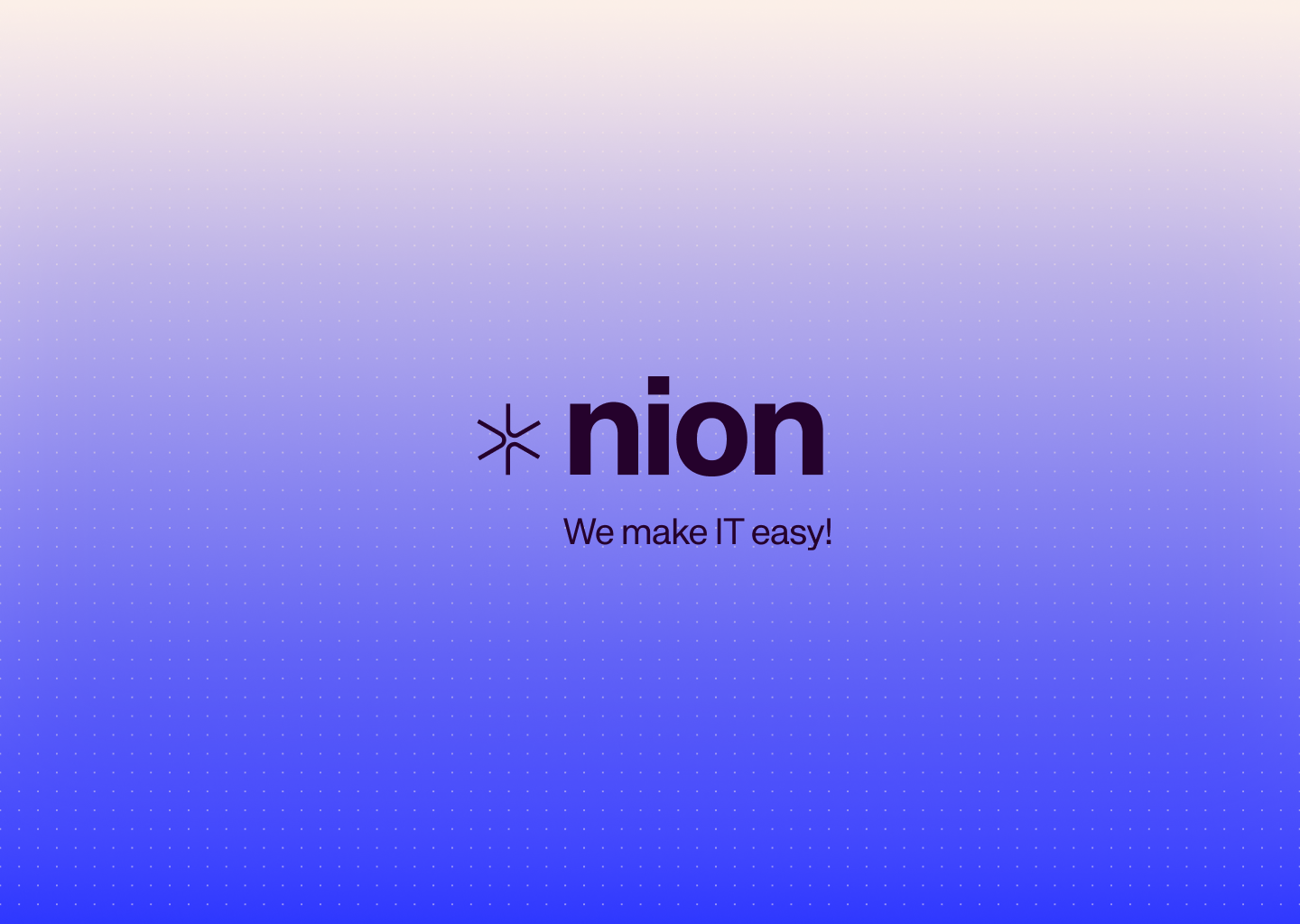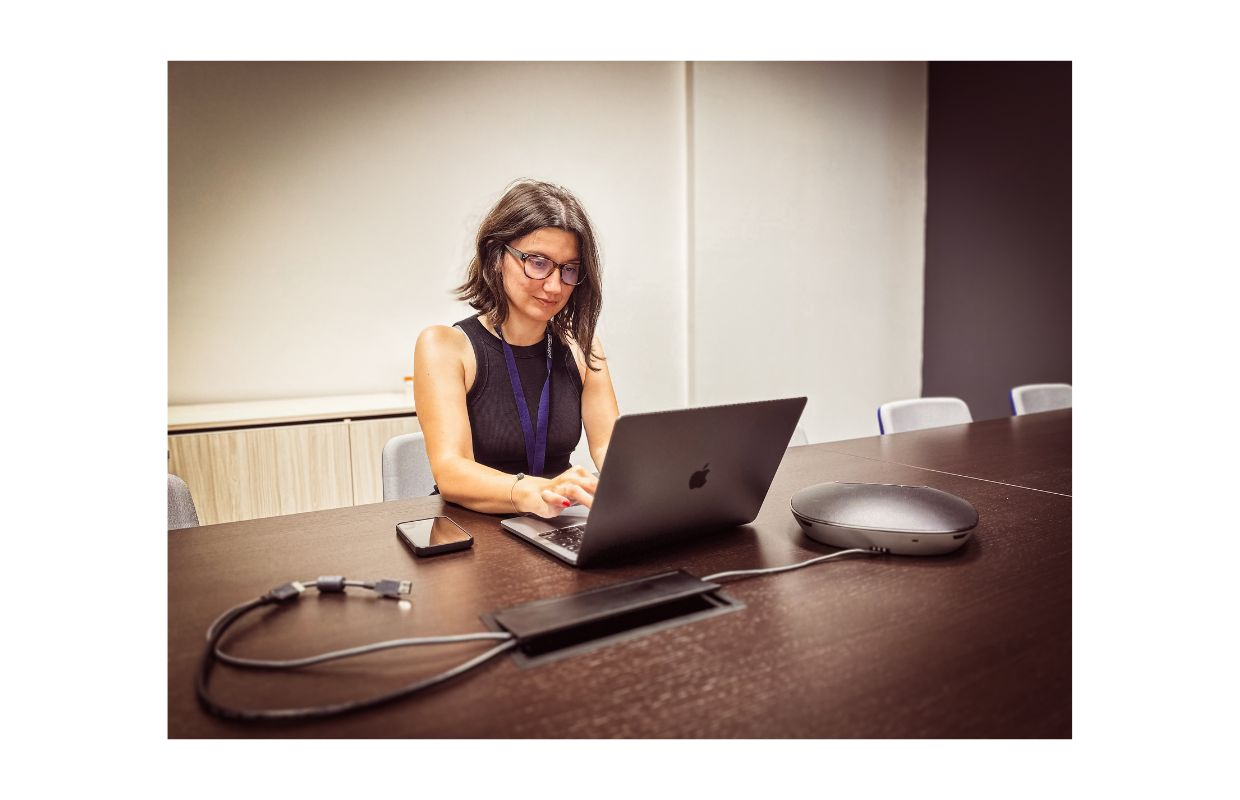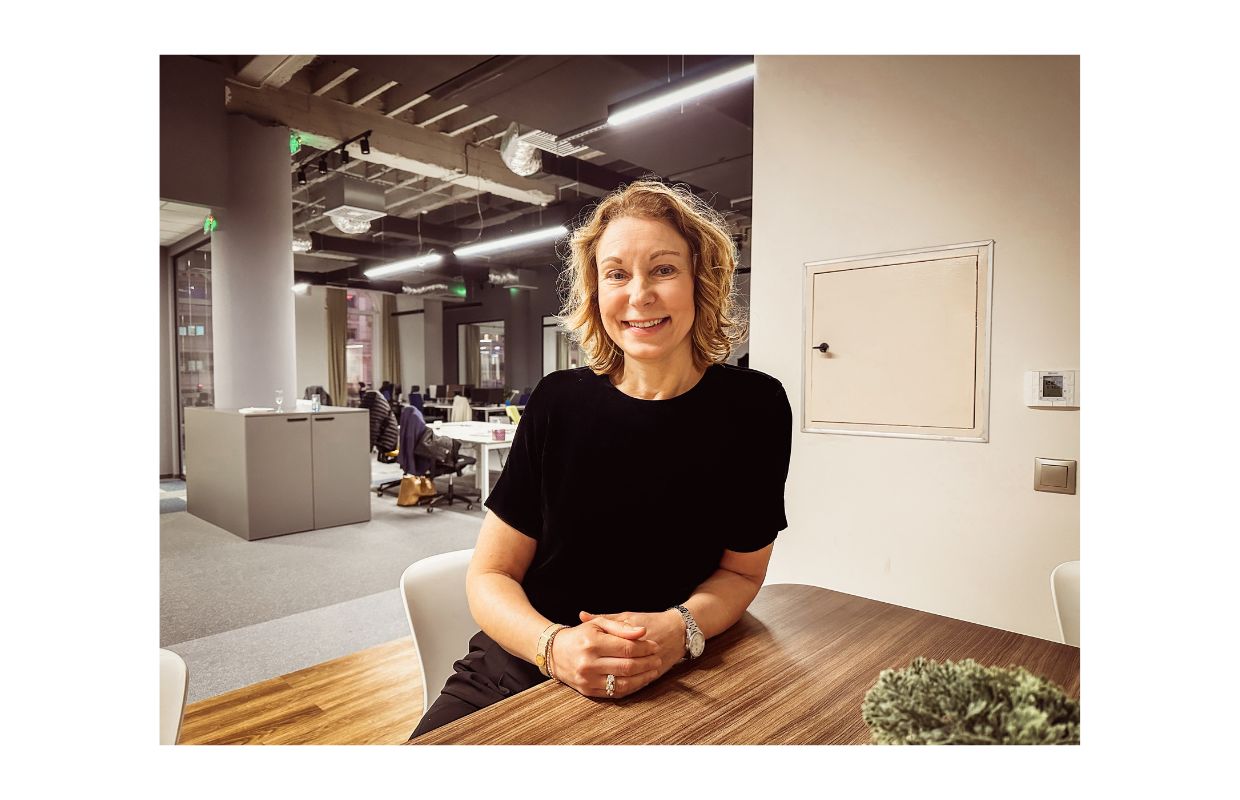Now is the time to focus on you. Do you feel that you have control over your work life? Do you have the right tools to handle stress and be focused on your goals?
As a consultant, I want to be able to give my best at all times and be productive and efficient. To do that, I need to have routines and work processes that enables me and supports me in hectic times and in unforeseen events, like the pandemic that has affected all of us. As we are only humans, there will be events that affects us, on a global or personal level, that will impact on our work life. You will have highs and lows through life when it comes to your work life, but if you are prepared you will help yourself to handle your lows more smoothly.
For me, I use a set of tools and routines to set a baseline that I can lean on. These might not be a universal savior for everyone, but what is important is to find your own strategies that you are comfortable with. Don’t be afraid to try different concepts, it works wonderful to be agile with your own personal development too!
Planning and time management
If you are familiar with working agile, you are most likely already planning what you want to achieve today, this week and so on. For other roles, this can also be applied. Plan your week and choose tasks that need to be completed. Start each working day by choosing which 3-5 tasks that should be focused on today. Don’t fill your day with more than you can handle – if you are constantly moving tasks to the next day you need to revise your planning.
Do you feel trapped in constant meetings? Don’t go with the flow and accept all meetings if this means no time to do your own work. This might lead to a downward spiral of stress and unproductiveness. Be honest and clear that you need to prioritize. Make sure that you have something to contribute in meetings, if not you might be better off doing something else during that time.
I most often use Outlook as a tool for this. I have tasks that I categorize as Major – Medium – Minor. Minor is my backlog. Medium is what I need to this week, and Major is what I need to today. I also block my calendar for important tasks to make sure there is time for that without disturbances.
E-mails
Do you have an empty inbox? Me neither, though I am actively working towards it! It is easy to lose track of incoming emails, and it would not be efficient to check for new emails every minute. The notification of a new email can even be distracting you from what you are supposed to be doing, so turn it off! My aim is to check for mails a couple of times a day and go through them all. Do I need to act on it now (<5min), archive it or save it as a task in my backlog to do it later? The main idea is to move if from the inbox to remove clutter and distractions. If it is in your backlog you can also prioritize it together with all your other items, so you don’t have two different task lists taking up your time.
Multitasking
Multitasking used to be a positive thing, meaning that you would get multiple things done in shorter time. However, research has shown that it is quite the opposite! If you get interrupted, it takes a long time to get your focus back. So, in reality, multitasking makes you slower and less efficient! The preferred way is to always focus on one thing at a time. That might not be possible in all roles, for me I often need to be available for my team and colleagues. So, it is important to find a balance where you can be productive undisturbed and efficient together with others. Again, I try to block my calendar for this. For me it works best to do this early in the mornings as I am a morning person and my brain is more easily focused at that time.
Reflection
Do you look back on what you have done and learned? I highly recommend setting aside time to reflect. The purpose of reflection is to see if you have accomplished what you aimed for and take action if you have not. It can also be a confidence boost to realize what you have done or learned. Appreciate what you have achieved, it means that you are moving in the right direction!
I do this in two ways – weekly at the end of the week together with planning for next week. I use the method of writing down three things that went well or better than expected, and one thing that I could improve or have done in another way. Monthly I can summarize and review my personal goals, long term or short term. If you feel comfortable with asking your surrounding for feedback, this is a really good way, for example understanding the expectations from the client or getting insight in how you are perceived by other people. This can make it easier getting your message across when communicating to different parties.
Take a break!
In order to be the most efficient – take a break! According to science, you should take a short break every hour, to stretch your legs and re-focus your mind. You need to refill energy and lower your stress levels and if you work constantly 8 hours (or more) you will not be as efficient at the end of the day.
Grab a coffee, take a walk, close your eyes and breathe for a moment. A break can be done in very different ways, as long as you do something else for a couple of minutes. For me, a walk outdoors makes me very relaxed and creative, I usually solve a lot of issues while doing something else and not necessarily sitting in front of a computer.
In these times with a pandemic going on and most of us within IT are working from home, make sure you are not getting stuck in the same spot all day. Call a colleague and have a walk-and-talk meeting.
To summarize, for me these tools are effective in lowering stress levels and be able to focus on the right things during my working weeks. It is helpful both short term and long term and enables me to handle both transitions between assignments smoothly as well as any surprises that comes my way.
I hope these concepts can inspire you to build your own tool base to keep your work life sustainable!
Further reading:
https://www.verywellmind.com/multitasking-2795003













